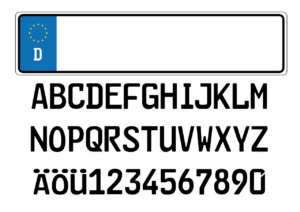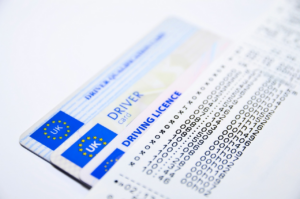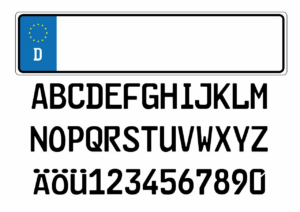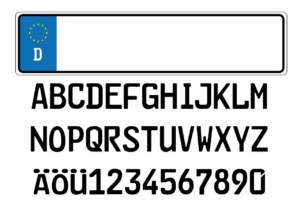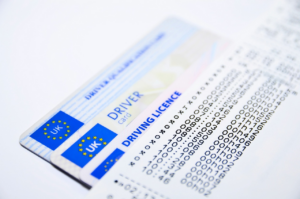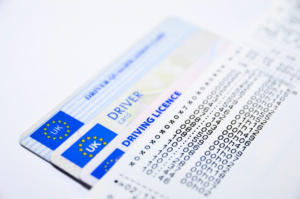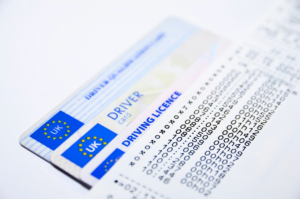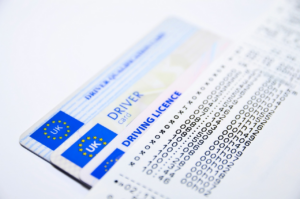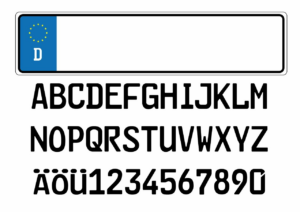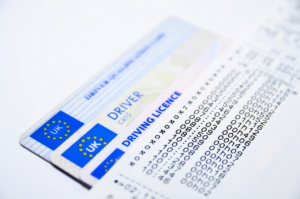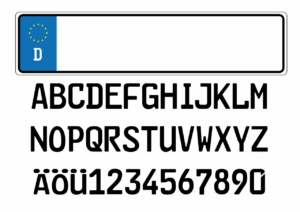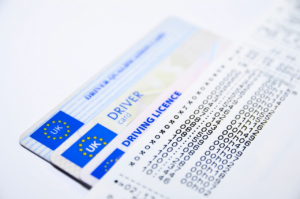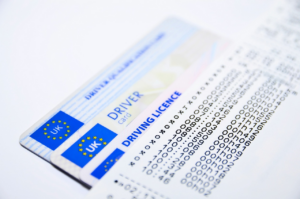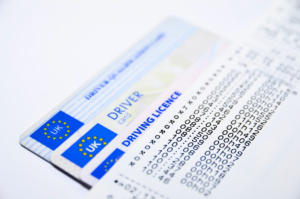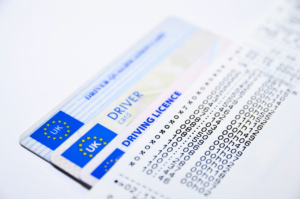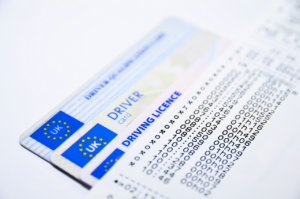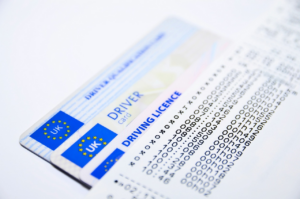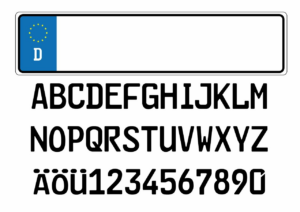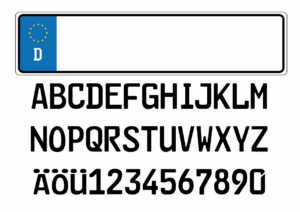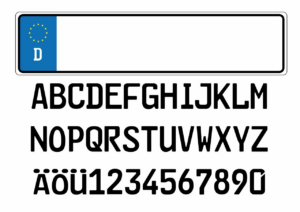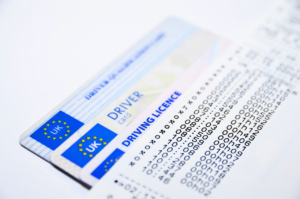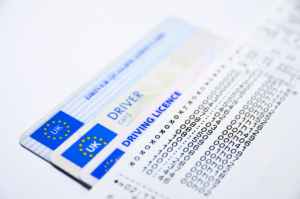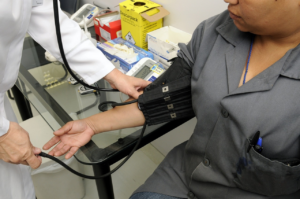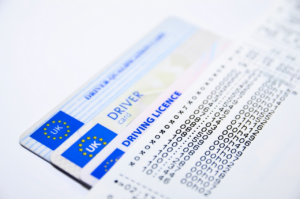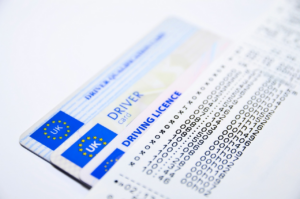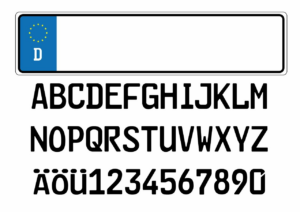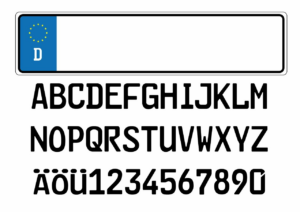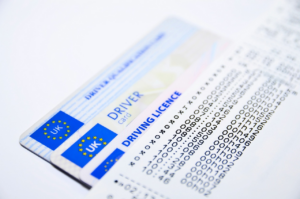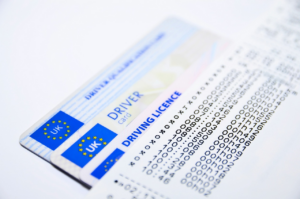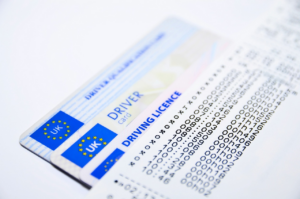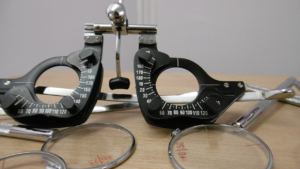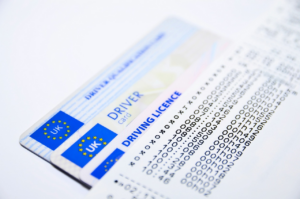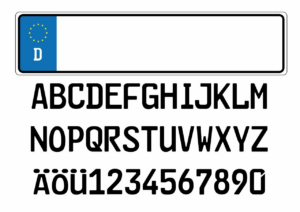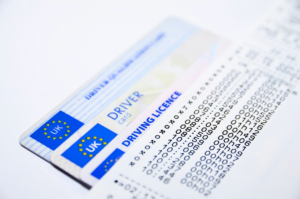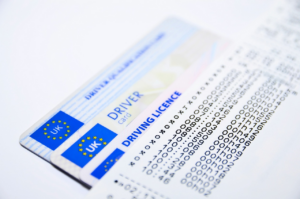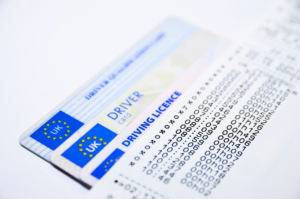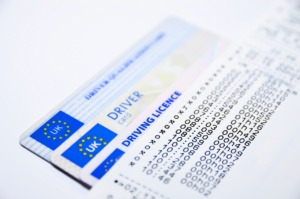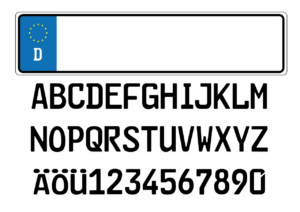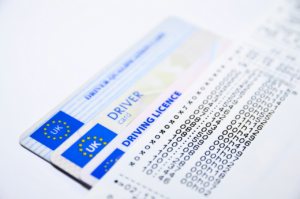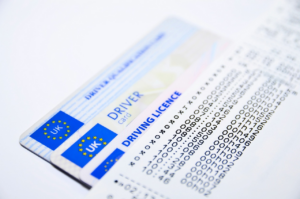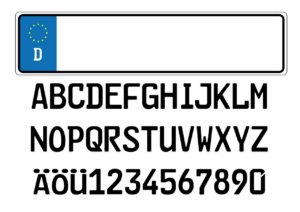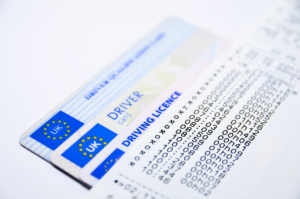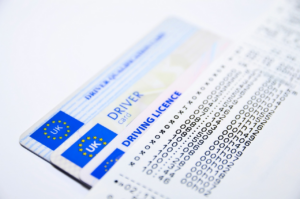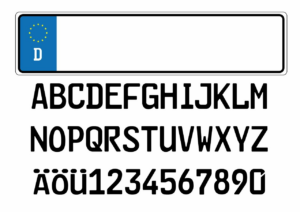If you’re looking to obtain a driver’s license in New Jersey, you’ve come to the right place. This comprehensive guide will walk you through the entire process, from eligibility requirements to renewing your license. With this guide, you’ll have the information you need to take control of your driving future.
To start, you’ll need to understand the eligibility requirements for obtaining a New Jersey driver’s license. Don’t worry if you’re not sure whether you meet the requirements – this guide will cover everything you need to know.
Once you’re eligible, you’ll need to obtain a learner’s permit and prepare for your road test. And once you’ve passed the test, you’ll be on your way to getting your driver’s license.
With this guide as your resource, you’ll be able to navigate the process with confidence.
Eligibility Requirements for Obtaining a New Jersey Driver’s License
To get your driver’s license in the Garden State, you’ll need to meet a few eligibility requirements first. You must be at least 16 years old, have completed a state-approved driver education course, and have passed both a written and driving test.
Additionally, you must provide proof of your identity, residency, and social security number. If you’re under the age of 18, you’ll need to have a parent or guardian sign the application and provide proof of their relationship to you.
It’s important to note that New Jersey has a graduated driver’s license program, which means that there are restrictions on new drivers. For the first year, drivers are only allowed to have one passenger who is not a family member in the car, and they cannot drive between 11 pm and 5 am.
By following these requirements and restrictions, you’ll be on your way to obtaining your New Jersey driver’s license.
Obtaining a Learner’s Permit
You’re eager to hit the road, but before you can take the wheel, you’ll need to obtain your learner’s permit. This is the first step in obtaining your New Jersey driver’s license, and it’s important to know what you need to do to get it. Here are five things you should keep in mind:
-
You must be at least 16 years old to apply for a learner’s permit in New Jersey.
-
You’ll need to pass a written knowledge test at a Motor Vehicle Commission (MVC) office.
-
You’ll need to provide proof of your identity, such as a birth certificate or passport.
-
You’ll need to provide proof of your residency in New Jersey, such as a utility bill or a lease agreement.
-
You’ll need to have your parent or legal guardian sign your application if you’re under 18 years old.
Once you have your learner’s permit, you’ll be able to start practicing driving with a licensed driver who is at least 21 years old and has been driving for at least three years.
You’ll need to log at least six hours of practice time before you can take your road test, so make sure you take advantage of this time to become a confident and safe driver.
With your learner’s permit, you’re on your way to becoming a licensed driver in New Jersey!
Preparing for the Road Test
To prepare for the road test, you need to practice driving with a licensed driver. This will help you become more comfortable behind the wheel and improve your driving skills.
Once you feel ready, schedule and take the road test to demonstrate your abilities and aim to pass on the first try.
Practice driving with a licensed driver
Get on the road to becoming a confident driver by practicing with a licensed driver who can help you gain valuable experience and skills behind the wheel.
It’s important to choose a licensed driver who is patient, calm, and experienced. This person should be able to guide you through different driving scenarios, provide feedback, and help you improve your driving skills.
When practicing with a licensed driver, make sure to focus on different driving skills such as turning, braking, accelerating, and changing lanes. Start with simple driving scenarios and gradually increase the difficulty level.
Remember to stay calm and focused while driving, and always follow traffic rules and regulations. With practice and guidance from a licensed driver, you’ll soon feel more confident behind the wheel.
Schedule and take the road test
Now it’s time to schedule and take your road test. This is where you’ll have the chance to demonstrate your driving skills and earn your driver’s license.
The first step is to go online or call the Motor Vehicle Commission to schedule your test. Make sure you have all of the required documents, including your permit, proof of insurance, and registration. You’ll also need to pay a fee for the test.
On the day of the test, arrive at the designated testing location early and bring all of your required documents. You’ll need to pass a vision test before taking the driving portion of the test.
During the driving test, you’ll be asked to perform a variety of tasks, such as turning, stopping, and parking. Make sure to follow all traffic laws and use proper signals.
Once you’ve completed the test, the examiner will give you your score and inform you if you’ve passed or failed. If you pass, congratulations! You’ll receive your New Jersey driver’s license in the mail within a few weeks.
Pass the road test
Ready to hit the road? Ace your road test and show off your driving skills to earn your coveted driver’s license.
Here are some tips to help you pass with flying colors:
-
Practice, practice, practice: The more time you spend behind the wheel, the better prepared you will be for the road test. Make sure you practice in a variety of driving conditions, such as different weather and traffic situations.
-
Know the rules of the road: Study the New Jersey driver’s manual and make sure you understand all the traffic laws and regulations. This will not only help you pass the test but also keep you safe on the road.
-
Stay calm and focused: Nerves can get the best of you during the road test, but it’s important to stay calm and focused. Take deep breaths and remind yourself that you’ve prepared for this moment.
-
Listen to your examiner: Your examiner will give you instructions during the test. Listen carefully and follow their directions. If you’re unsure of what they’re asking, don’t hesitate to ask for clarification.
With these tips in mind, you’ll be well on your way to earning your New Jersey driver’s license. Remember to stay focused, stay calm, and trust in your preparation. Good luck!
Obtaining Your Driver’s License
You’re on your way to getting behind the wheel with this section on obtaining your driver’s license. After passing the road test, you’re one step closer to being a licensed driver in New Jersey.
The next step is applying for your driver’s license. To apply, you’ll need to visit your local Motor Vehicle Commission (MVC) office. You’ll need to bring your validated permit, vehicle registration, proof of insurance, and Social Security card or a document proving your Social Security number.
Once you’ve provided all necessary documents and paid the fee, you’ll receive your driver’s license. Congratulations, you’re now a licensed driver in New Jersey!
Remember to always obey traffic laws and drive safely.
Different Types of Driver’s Licenses
When it comes to driver’s licenses, there are several different types you should be aware of.
The standard driver’s license is what most people are familiar with and allows you to operate a regular passenger vehicle.
If you’re interested in driving larger vehicles or transporting goods, you may need a commercial driver’s license.
And if you’re a motorcycle enthusiast, you may want to get a motorcycle endorsement added to your license.
Standard driver’s license
If you’re looking to hit the road legally, getting a standard driver’s license is a crucial step. This type of license allows you to operate a passenger vehicle, such as a car or SUV, on New Jersey roads.
To obtain a standard driver’s license, you must be at least 18 years old and pass a written knowledge test, a vision screening, and a road test. During the knowledge test, you’ll be asked questions about New Jersey’s traffic laws and safe driving practices. If you pass, you’ll receive a learner’s permit, which will allow you to practice driving with a licensed driver in the passenger seat.
Once you feel confident behind the wheel, you can schedule your road test. If you pass, you’ll receive your standard driver’s license and be ready to hit the road on your own.
Commercial driver’s license
Get ready to hit the road like a pro with a commercial driver’s license. This type of license allows you to operate large vehicles like buses and trucks.
If you’re looking to pursue a career in trucking or transportation, or simply want to expand your driving skills, a commercial driver’s license is the way to go.
To obtain a commercial driver’s license, you’ll need to pass a series of knowledge and skills tests. These tests cover topics such as vehicle inspection, basic control skills, and on-road driving. You’ll also need to meet certain medical requirements and have a clean driving record.
Once you have your commercial driver’s license, you’ll have the knowledge and skills to safely operate large vehicles and transport goods and passengers.
Motorcycle endorsement
Rev up your ride with a motorcycle endorsement and experience the thrill of the open road like never before! Adding a motorcycle endorsement to your New Jersey driver’s license allows you to legally operate a motorcycle on public roads.
To obtain this endorsement, you must first hold a valid New Jersey driver’s license and complete a motorcycle safety course approved by the Motor Vehicle Commission (MVC).
Once you’ve completed the safety course, you can obtain your motorcycle endorsement by visiting your local MVC agency with the necessary documents, including your driver’s license, proof of completion of the safety course, and payment of the endorsement fee.
With your motorcycle endorsement in hand, you can now hit the road with confidence and enjoy the freedom of riding a motorcycle. Remember to always wear a helmet and follow all traffic laws to ensure your safety and the safety of those around you.
Renewing Your Driver’s License
To keep your driving privileges, you’ll need to renew your license before it expires, and it’s important to know what steps you need to take to make sure you’re driving legally. In New Jersey, driver’s licenses expire every four years, and the expiration date is your birthday. You can renew your license up to six months before it expires, so it’s a good idea to start the process early to avoid any last-minute stress.
To renew your driver’s license in New Jersey, you have a few options. You can renew online, by mail, or in person at a Motor Vehicle Commission (MVC) agency. If you decide to renew online, you’ll need to meet certain requirements, such as having a valid photo on file with the MVC and not needing to make any changes to your license. If you choose to renew by mail or in person, you’ll need to fill out a renewal form, provide identification and proof of address, and pay the renewal fee. Keep in mind that if you have any outstanding fines or tickets, you’ll need to take care of those before you can renew your license.
Safety Tips for Driving in New Jersey
When you’re behind the wheel in the Garden State, it’s important to keep these safety tips in mind to ensure a smooth and stress-free driving experience.
Firstly, always wear your seatbelt. It’s a simple action that can save your life in the event of an accident.
Secondly, obey the speed limit. Speeding is a leading cause of accidents and can result in hefty fines and even license suspension.
Lastly, avoid distractions while driving, such as texting or using your phone. It’s important to keep your focus on the road to ensure your safety and the safety of others around you.
Additionally, it’s important to stay alert and aware of your surroundings while driving.
Always check your mirrors and blind spots before changing lanes or turning.
Keep a safe distance from the car in front of you, especially during inclement weather.
Lastly, be cautious of other drivers, especially those who are driving aggressively or erratically.
By following these safety tips, you can have a stress-free driving experience and arrive at your destination safely.
Resources for New Jersey Drivers
Make sure to check out the resources available for drivers in this section, as they can provide helpful information to improve your driving skills and increase your safety on the road.
One helpful resource for New Jersey drivers is the New Jersey Driver Manual. This manual covers important topics such as traffic laws, road signs, and defensive driving techniques. It also includes practice questions to help you prepare for your written driver exam.
In addition to the driver manual, the New Jersey Motor Vehicle Commission website offers a variety of resources for drivers. You can access information on vehicle registration and inspection, renewing your driver’s license, and even find a local DMV office. The website also includes helpful tips on safe driving practices and how to handle emergency situations on the road.
Take advantage of these resources to become a more confident and informed driver.
Frequently Asked Questions
How long does it take to receive a new driver’s license once the application is submitted?
Once you’ve submitted your application for a new driver’s license, you’re probably eager to receive it as soon as possible.
In New Jersey, the typical processing time for a new driver’s license is 7-10 business days from the date of submission. However, this timeline can vary depending on various factors such as the volume of applications being processed and any issues that may arise with your application.
To ensure a timely delivery of your new license, make sure that all necessary documents and fees are included with your application and that you’ve provided accurate information. In the meantime, you can check the status of your application online or by contacting the New Jersey Motor Vehicle Commission.
Can someone with an out-of-state license transfer it to a New Jersey license without taking the road test?
If you have an out-of-state driver’s license, you may be able to transfer it to a New Jersey license without taking the road test. However, this depends on the state you obtained your license from and how long you’ve been driving.
If you’re from a state that has a reciprocal agreement with New Jersey, you may be able to transfer your license without taking the road test. If not, you’ll need to take the road test.
Make sure to bring all necessary documents, such as your current license, proof of identity, and proof of residency. The process may take a few weeks, but once complete, you’ll have your New Jersey driver’s license in hand.
Is it necessary to take a defensive driving course to obtain a driver’s license in New Jersey?
To obtain a driver’s license in New Jersey, taking a defensive driving course is not a requirement. However, it can be beneficial for new drivers to take such a course to improve their driving skills and potentially lower their insurance rates.
It’s important to note that completing a defensive driving course will not guarantee a lower insurance rate, as this varies by insurance company.
In any case, it’s always a good idea to continuously improve your driving skills and knowledge of traffic laws, regardless of whether or not it’s required for obtaining a license.
What are the consequences of driving without a valid driver’s license in New Jersey?
Driving without a valid driver’s license in New Jersey can lead to serious consequences. If you’re caught driving without a license, you may face a fine of up to $500, imprisonment for up to 60 days, and the suspension of your driving privileges.
Additionally, if you’re involved in an accident while driving without a valid license, you may be held liable for any damages or injuries that occur.
It’s important to always carry a valid driver’s license with you when operating a vehicle in New Jersey to avoid these potential consequences.
How can one report unsafe driving practices or road hazards to the authorities in New Jersey?
If you witness unsafe driving practices or road hazards while driving in New Jersey, you can report them to the authorities by calling 911.
Be sure to provide as much information as possible, including the location of the incident, a description of the vehicle involved, and any identifying details about the driver.
You can also report road hazards, such as potholes or debris on the road, to the Department of Transportation by calling 1-800-POTHOLE.
Reporting these issues can help keep you and other drivers safe on the road, and give you a sense of control over your driving environment.
Conclusion
Congratulations! You’ve made it to the end of this comprehensive guide on obtaining a New Jersey driver’s license. By now, you should have a good understanding of the eligibility requirements, the process of obtaining a learner’s permit, preparing for the road test, and obtaining your driver’s license.
Remember, there are different types of driver’s licenses, so be sure to choose the one that best fits your needs. Also, don’t forget to renew your license before it expires.
And most importantly, always practice safe driving habits to ensure the safety of yourself and others on the road. If you need any further information, be sure to check out the resources available for New Jersey drivers.
Good luck on your driving journey!





